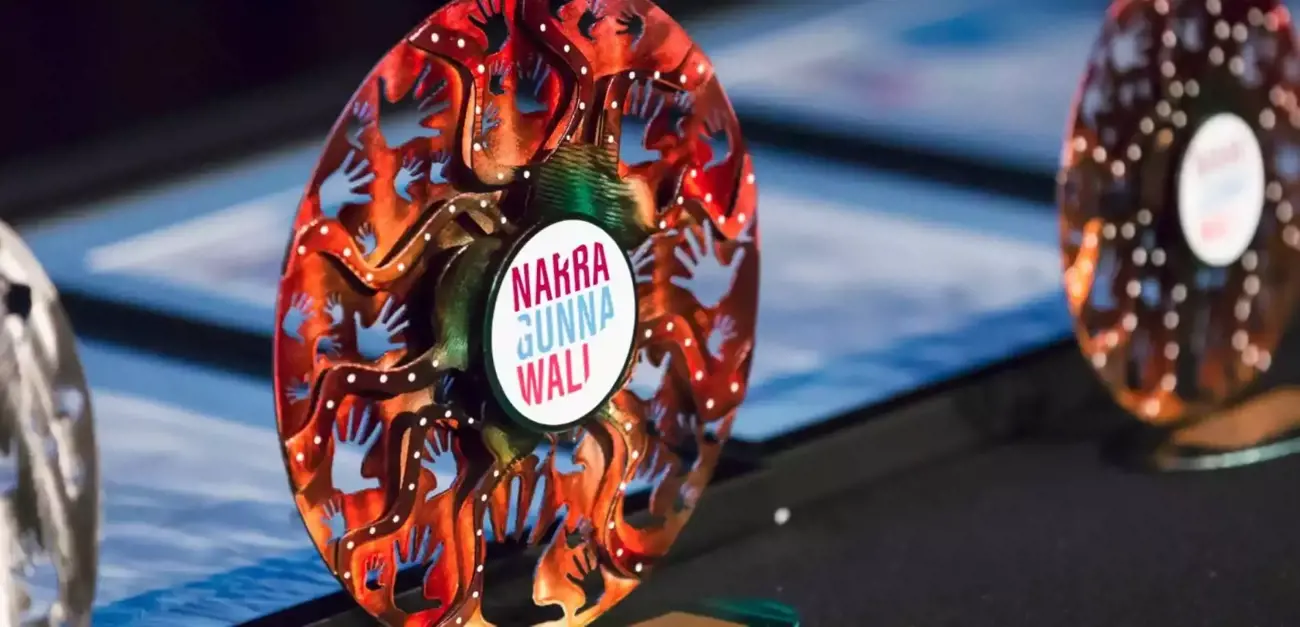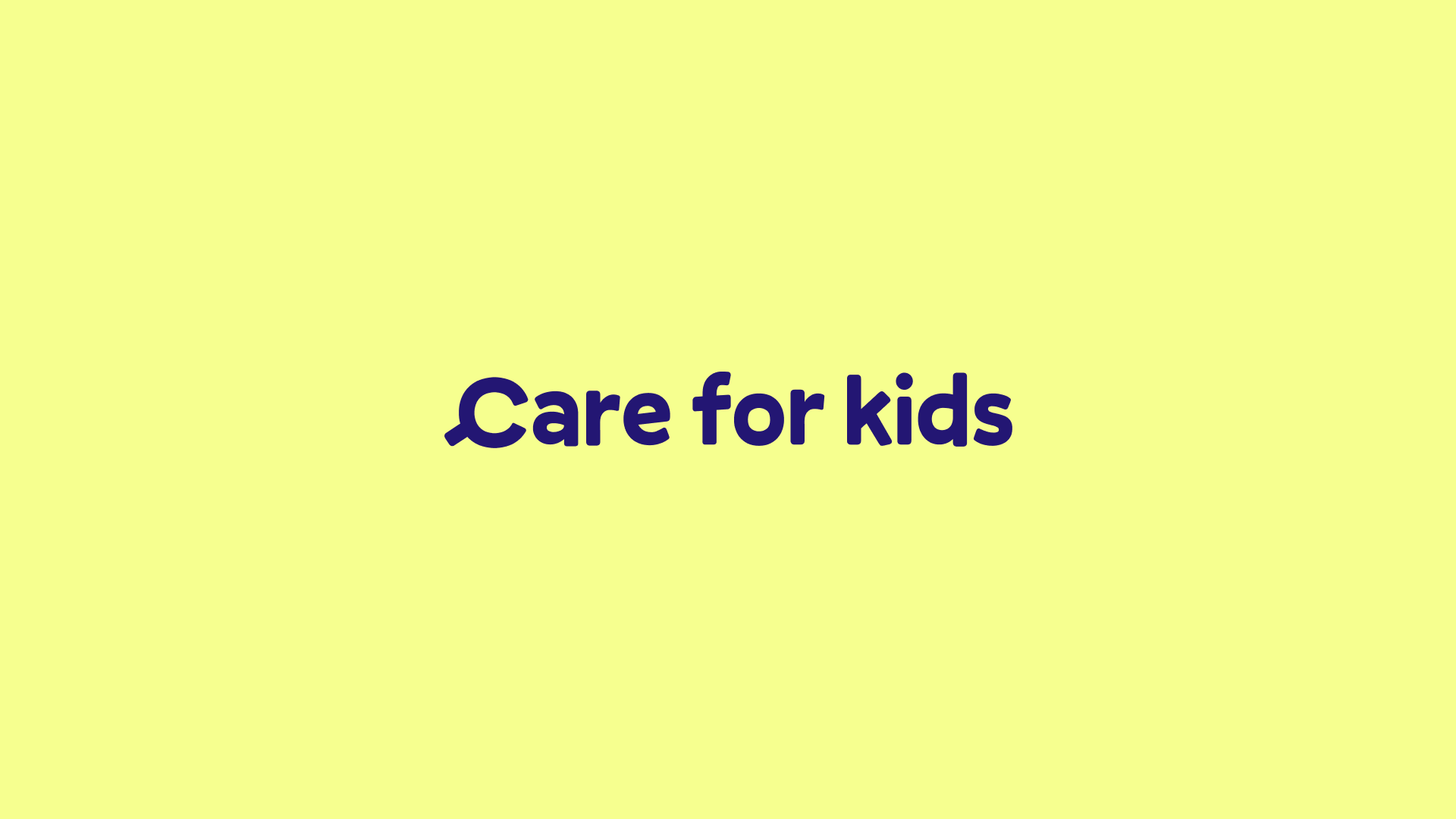Every child deserves to have the same opportunities and choices as their peers, and although things haven’t always been fair and equal for Aboriginal and Torres Strait Islander kids, meaningful change is happening.
There’s a conscious push to champion Indigenous peoples’ rights; celebrate their history, culture and contribution; and strengthen bonds between First Australians and all Australians.
In the early learning setting, reconciliation initiatives are bringing Indigenous and non-Indigenous people together in a positive way, and the Narragunnawali Award finalists are shining examples of how services and schools can commit to a reconciled Australia.
Today, the Narragunnawali Team tells us more about the Awards and what reconciliation means for little learners.
The Narragunnawali Awards have been held every two years since 2017. What do the Awards involve, and why are they so important?
Narragunnawali Awards is the only national awards program in Australia that recognises and celebrates educational environments that are implementing outstanding reconciliation initiatives – across the Government, Catholic and Independent sectors.
There are two Award categories – one for schools and one for early learning (which includes early childhood education and care, preschool, family day care and out of school hours care services).
The past 20 months have been challenging for early learning services and schools. All have had to adapt quickly to new methods of providing safe and secure learning environments during the COVID-19 pandemic, combined with the fact that some were still recovering from community losses due to bushfires and floods.
In the face of all of this, early learning services and schools have remained committed to their critical role in shaping Australia’s reconciliation journey.
This year’s Narragunnawali Awards offer us all the chance to share and listen to these stories.
The Awards ceremony will take place as part of the Australian Reconciliation Convention on 15 to 17 November, 2021.
This national reconciliation gathering is the first to be held in more than 20 years, and it will reflect on Australia’s past, and explore a positive, reconciled future.
Three finalists have been chosen for the 2021 Early Learning Award category – Balnarring Pre-school in Victoria, St Peter’s Girls’ Early Learners’ Centre in South Australia and Tumut Community Preschool in NSW.
What do each of these services do really well when it comes to reconciliation initiatives?
The finalist early learning services and schools have been recognised for the ways in which they’ve:
- Developed and strengthened relationships
- Built respect, and
- Provided meaningful opportunities in the classroom, around the early learning service or school, and with the community.
Karen Mundine, CEO of Reconciliation Australia says, ‘The judges were impressed by the strong leadership, passion and commitment to reconciliation that was evident across the applications. The panel were also pleased to see that even with the challenges posed by COVID-19, schools and early learning services ensured that reconciliation remained a priority in 2020.'
How can early learning services create a Reconciliation Action Plan, and what does this mean for educators and children?
A Reconciliation Action Plan (RAP) is a formal statement of commitment to reconciliation.
An early learning service or school can develop a RAP using the Narragunnawali platform to register and extend on existing initiatives, or to begin a new journey.
Narragunnawali RAPs provide a whole-scale framework and process for driving reconciliation in education, with a holistic focus on strengthening relationships, respect and opportunities in the classroom, around the service or school, and with the local community.
There are 40 RAP Actions that early learning services and schools can commit to in an effort to include acts of reconciliation in the classroom. Fourteen of these Actions are required for the RAP to be considered ‘complete’ and while a RAP represents a plan of action, it is important for early learning services and schools to ensure that their RAPs also function as ‘living documents’.
Early learning services and schools should:
- Enter into the RAP development process with integrity
- Embed RAP commitments into everyday practice, and
- Engage in ongoing critical reflection, consultation and collaboration with local Aboriginal and Torres Strait Islander families and community members.
This will help early learning services and schools remain accountable to themselves and their communities and contribute to active and sustainable change.
How can reconciliation be woven into the early learning curriculum?
There are lots engaging ways to do this, and the Narragunnawali platform provides a great set of Subject Guides for educators to draw upon when incorporating the themes of reconciliation into their teaching in areas including:
- History
- Dance, drama and music
- Health and physical education
- Visual arts
- Science, and more.
What positive changes would you like to see in Australia over the next decade, and what does reconciliation entail?
Reconciliation is an ongoing journey that reminds us that while generations of Australians have fought hard for meaningful change, future gains are likely to take just as much, if not more, effort.
In a just, equitable and reconciled Australia, Aboriginal and Torres Strait Islander children will have the same life chances and choices as non-Indigenous children, and the length and quality of a person’s life will not be determined by their racial background.
Our vision of reconciliation is based, and measured, on five dimensions:
- Historical acceptance
- Race relations
- Equality and equity
- Institutional integrity, and
- Unity.
Everyone is invited to participate in the Australian Reconciliation Convention (it’s a virtual, ticketed event), and this will be a great experiential resource for the ways Australia can move from safe to brave in how we approach reconciliation as a nation.
































